Facing life in a post-nuclear world would be a daunting challenge, but the right skills could mean the difference between survival and struggle. In a nuclear fallout scenario, daily life changes dramatically: radiation safety, self-sufficiency, and navigating a devastated environment become essential. With infrastructure crippled, you’d need to adapt fast to survive and even thrive. These skills are designed to help you meet basic needs, protect your health, and manage the long-term impacts of a changed world.
1. Understanding Radiation and Its Effects
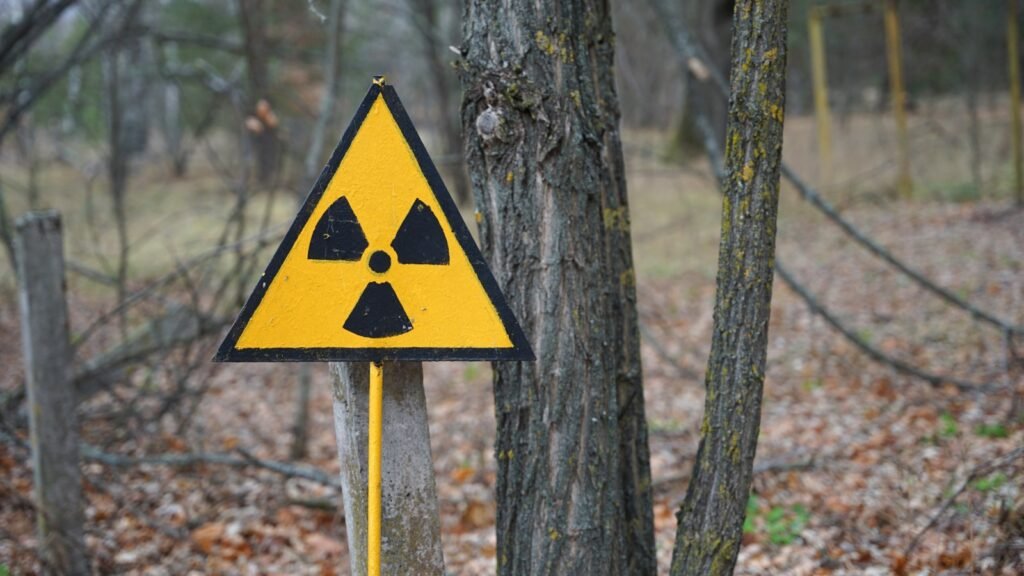
Radiation awareness is crucial for surviving in areas affected by nuclear fallout. Learning about radiation types, safe levels, and symptoms of radiation sickness can help you navigate safely. Understanding how to use a Geiger counter, wear protective clothing, and identify safe areas will prevent unnecessary exposure.
2. Making a Fallout Shelter
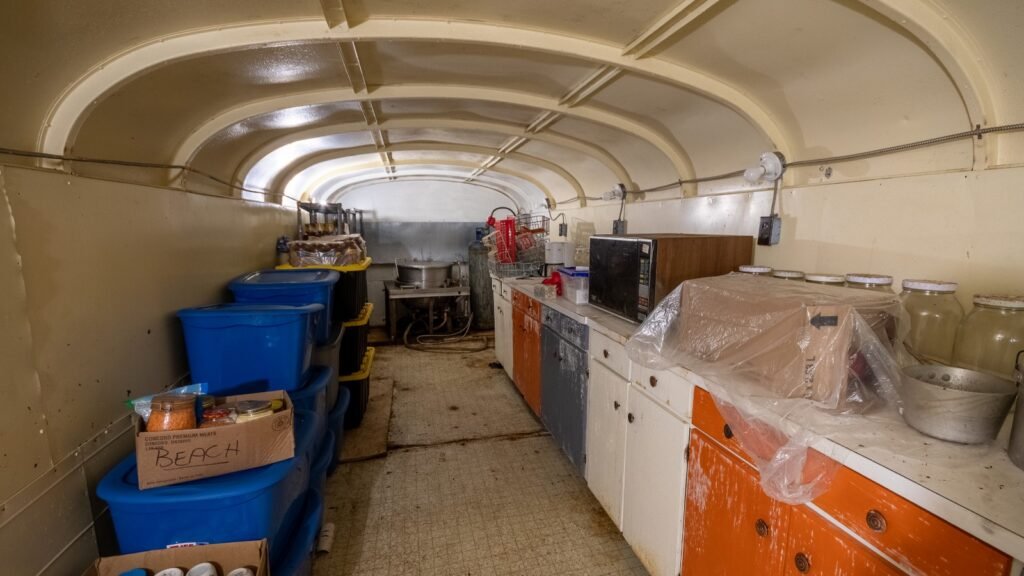
Knowing how to construct a fallout shelter offers a safe place from radioactive fallout. Basic knowledge of how to create barriers using dense materials like concrete or lead, and using resources on hand, can make all the difference. A good shelter should be stocked and maintained for extended stays to maximize safety.
3. Purifying Contaminated Water

Radiation can affect water supplies, so purifying water is vital. Knowing techniques like distillation, using charcoal filters, or employing radiation-specific tablets can help. Purified water is essential not only for drinking but also for cooking and personal hygiene in a fallout environment.
4. Growing Food in Contaminated Soil
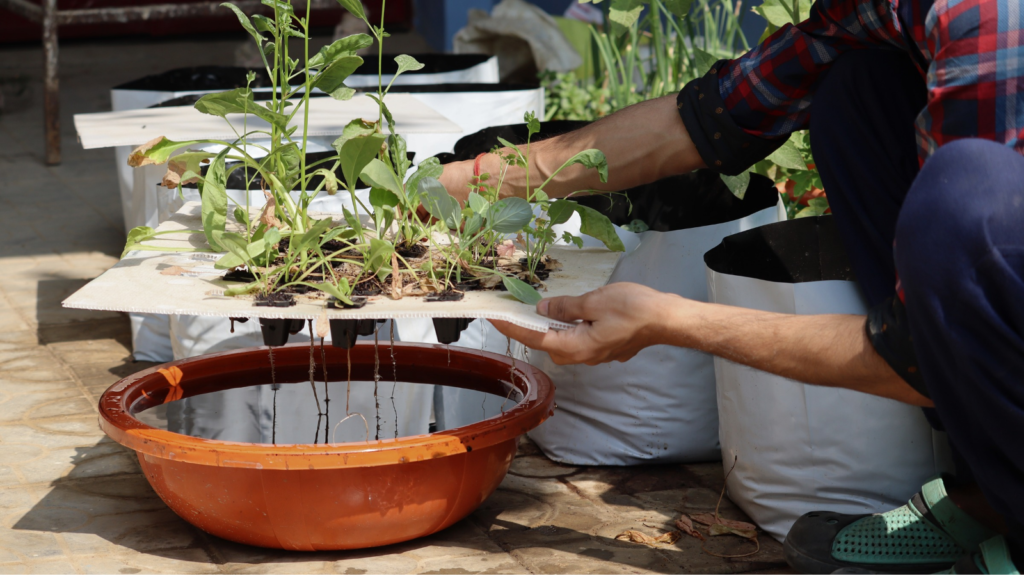
Contaminated soil poses a unique challenge for food production. Techniques such as raised beds, hydroponics, or using soil that’s been cleared of contaminants can allow food growth. Understanding how to grow and test crops for contamination helps ensure safe food supplies.
5. Hunting and Trapping for Protein

Learning to hunt and trap offers a reliable source of protein when food is scarce. In a world where traditional resources may be lost, skills like creating traps, preserving meat, and identifying edible wildlife keep you nourished. This skill becomes crucial in areas with limited clean soil for crops.
6. Food Preservation Techniques
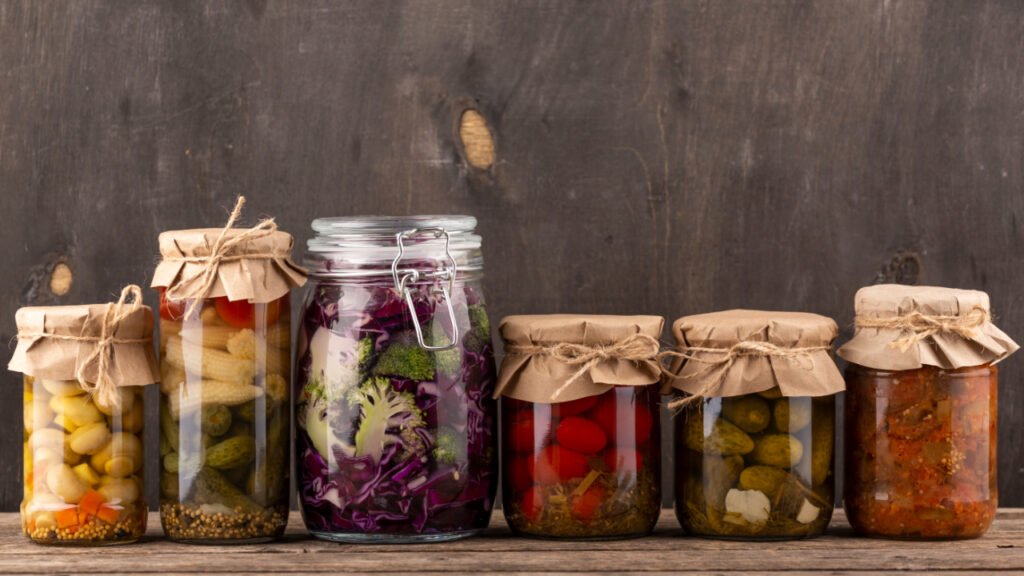
With limited access to fresh supplies, food preservation can extend rations significantly. Skills like smoking, drying, pickling, and canning keep food safe for months. Knowing these techniques can prevent food waste and reduce the need for frequent foraging or hunting.
7. Making Medicine from Natural Sources

Pharmacies won’t be available, so learning to use plants and herbs for medicine is vital. Knowing plants that can treat infections, fevers, or wounds can save lives. Also, understanding how to create antiseptic solutions, teas, and salves will cover essential healthcare needs.
8. First Aid for Radiation Sickness
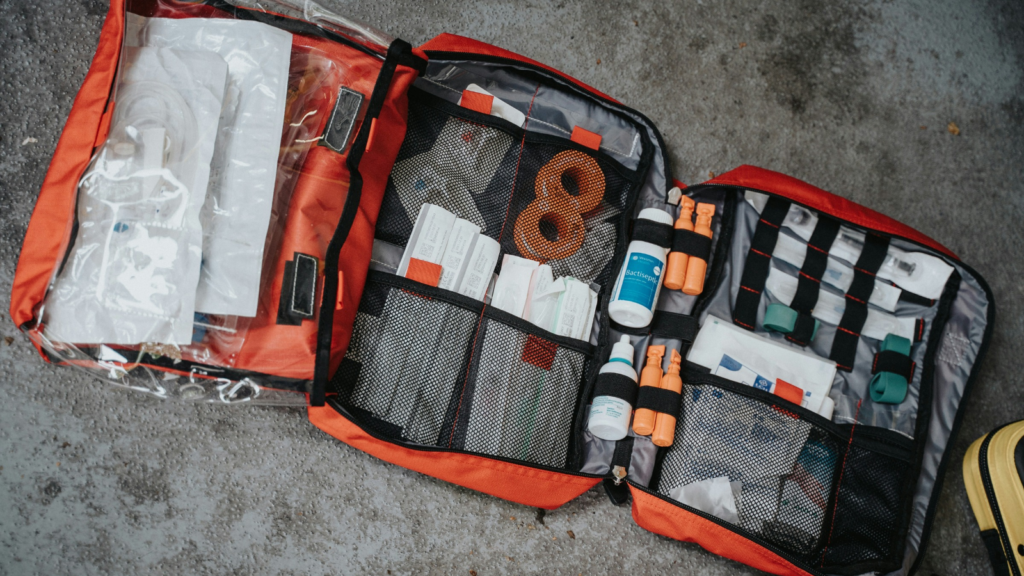
Immediate treatment for radiation sickness is crucial in a fallout situation. Basic knowledge of symptoms, like nausea and fatigue, and understanding how to counteract radiation with iodine or other remedies can lessen the impact. Knowing how to care for burns and wounds is also essential.
9. Fire-Starting Without Matches

In a post-nuclear world, fire is needed for warmth, cooking, and sterilization. Techniques like using flint, batteries with steel wool, or creating friction fires can provide fire without matches. Mastering this skill ensures you have heat and light regardless of supply limitations.
10. Finding Safe Shelter on the Move

Sometimes, you’ll need to move from place to place to avoid fallout. Being able to identify or create shelters quickly can keep you safe. Learn to use natural terrain and abandoned buildings while assessing them for safety against radiation and structural weakness.
11. Navigating Without Technology
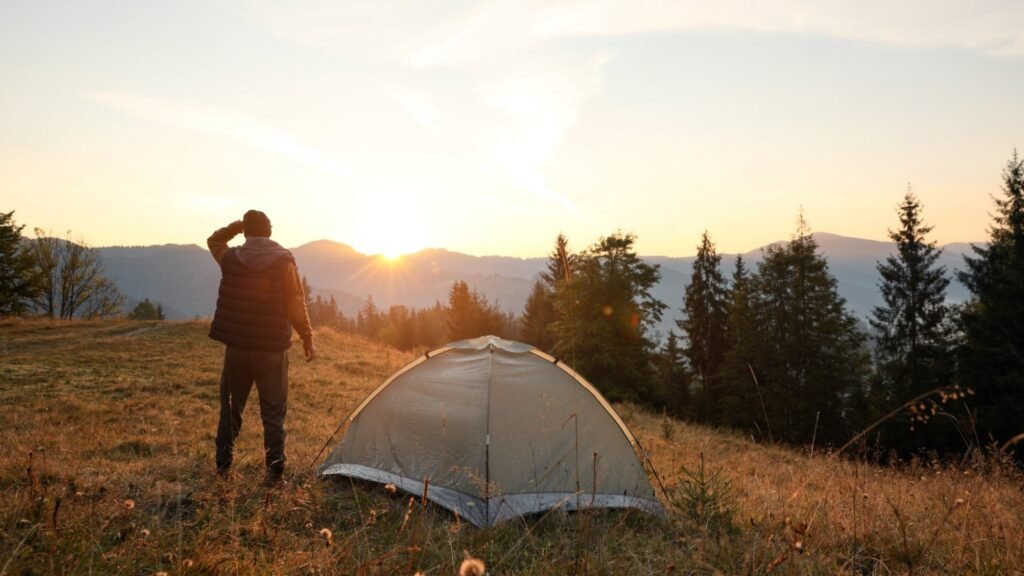
GPS and maps may be obsolete, so knowing how to navigate by sun, stars, and landmarks is essential. Skills in orienting yourself and moving efficiently keep you from getting lost. This also helps in locating resources or finding safe routes through affected areas.
12. Self-Defense and Weapon-Making

When law enforcement may not be reliable, self-defense skills are important. Knowing how to defend yourself or fashion basic weapons from available materials offers protection. This skill can also help you secure resources in uncertain conditions.
13. Communication With Other Survivors

Staying connected with others is important for trading, sharing knowledge, or mutual defense. Knowing basic sign language, Morse code, or creating simple signals can help. Clear communication fosters safety and helps you access resources you may lack.
14. Bartering and Trade Skills

Traditional currency may lose its value, making barter skills essential for acquiring supplies. Understanding what items are valuable and negotiating effectively can help you secure food, tools, or medicine. Skills in repair or crafting can also increase your trade potential.
15. Creating Improvised Tools
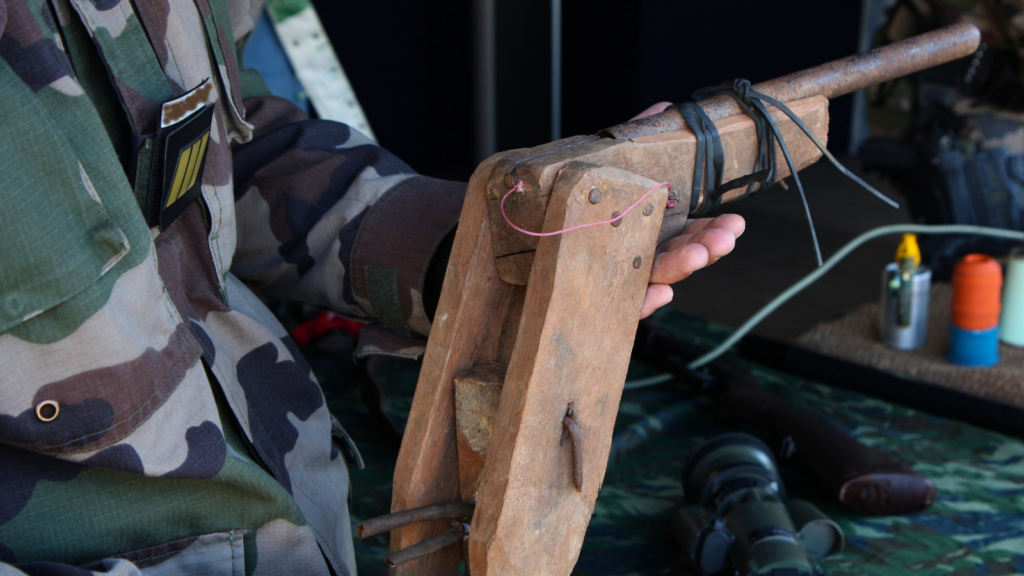
With limited resources, the ability to make tools from scrap materials is invaluable. Knowing how to shape metal, create handles, and repurpose materials like wood and cloth can provide essential tools. These skills support tasks from farming to building and repair.
16. Waste Management and Sanitation
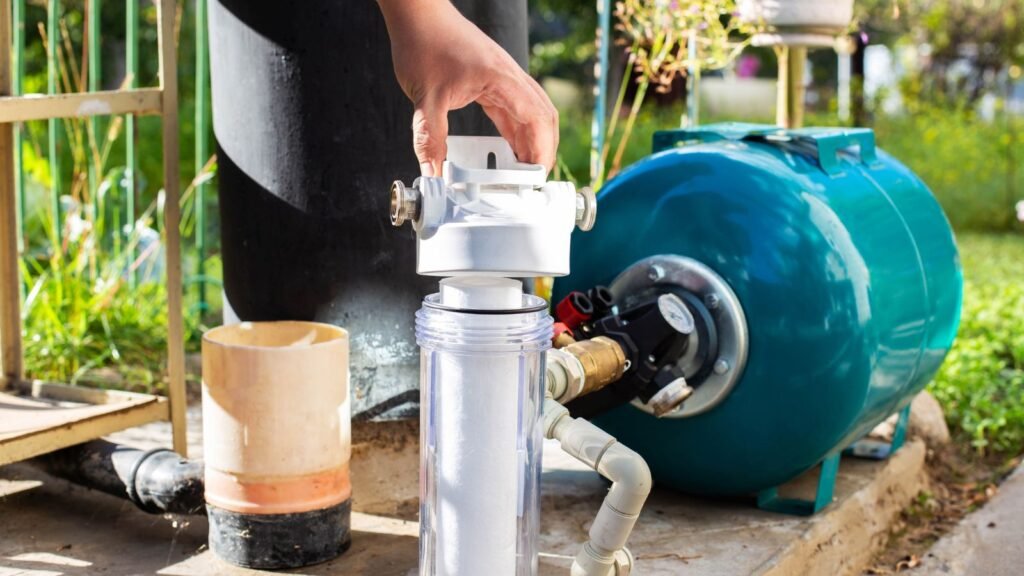
Good hygiene is crucial for avoiding disease in close quarters. Learning to set up safe waste disposal, latrines, and maintaining clean water and spaces is vital. Without sanitation, infections can quickly spread, especially in communal settings.
17. Navigating Social Dynamics in Survival Groups
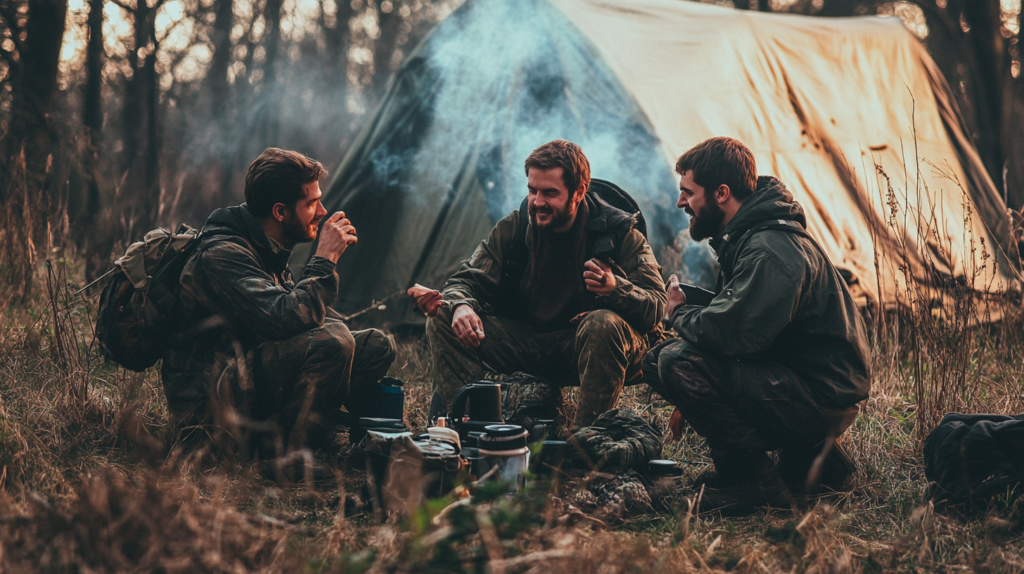
Surviving alone is difficult, but living in groups brings its own challenges. Understanding group dynamics, cooperation, and conflict resolution can prevent dangerous disputes. Strong social skills support cooperation, resource sharing, and overall safety.
18. Basic Mechanical Repair
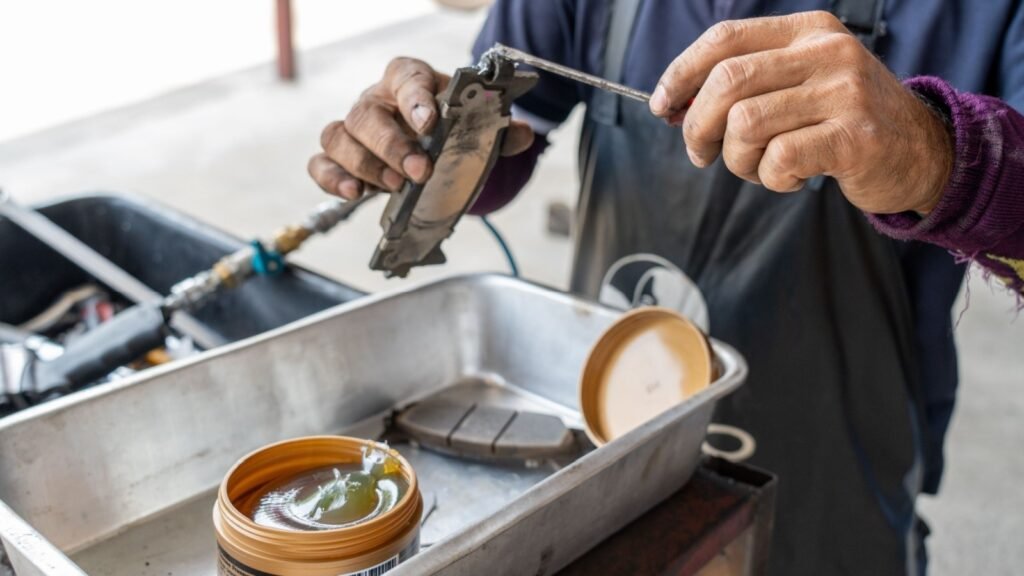
Mechanical repair knowledge can keep essential equipment running. Skills in fixing simple engines, water pumps, and other small machinery help sustain a community. Basic repair keeps resources from depleting quickly and can support access to water and shelter.
19. Mental Resilience and Stress Management

Surviving in a post-nuclear world is stressful, and mental resilience is crucial. Practicing stress-relief techniques like breathing exercises, meditation, or journaling helps manage emotions. A calm mind supports better decision-making and increases survival odds.
20. Building Community Networks
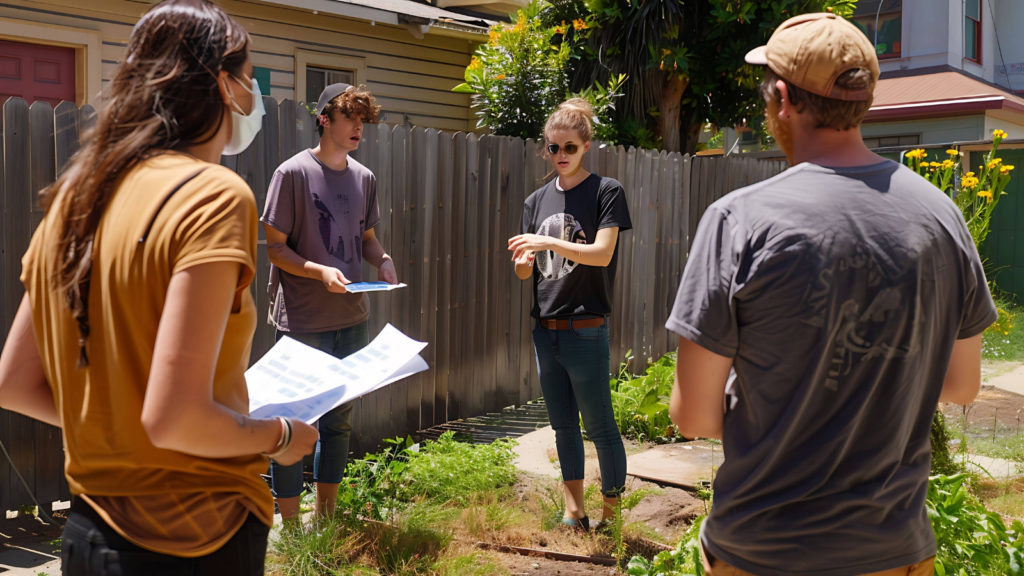
Strength comes from numbers, so community-building is a key skill. Knowing how to create and maintain networks with other survivors strengthens your resource pool. Community networks support trade, protection, and provide a sense of stability and hope.
21. Foraging for Edible Plants and Fungi
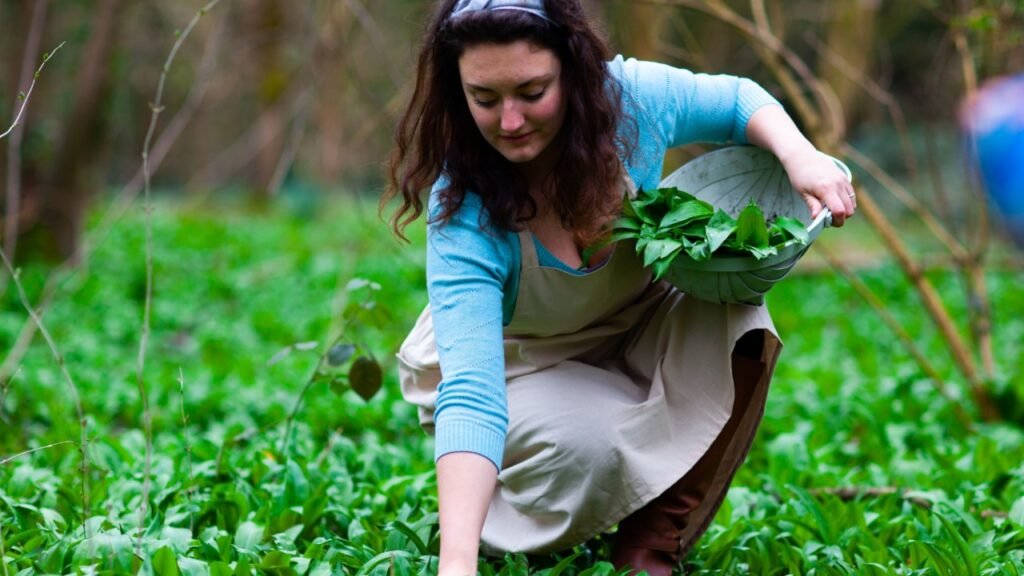
When food supplies are scarce, foraging can provide essential nutrition. Learning to identify edible plants and fungi—along with understanding which are toxic—can give you a sustainable food source. This skill also allows you to diversify your diet, ensuring you get enough vitamins and minerals.
22. Building and Repairing Basic Electronics
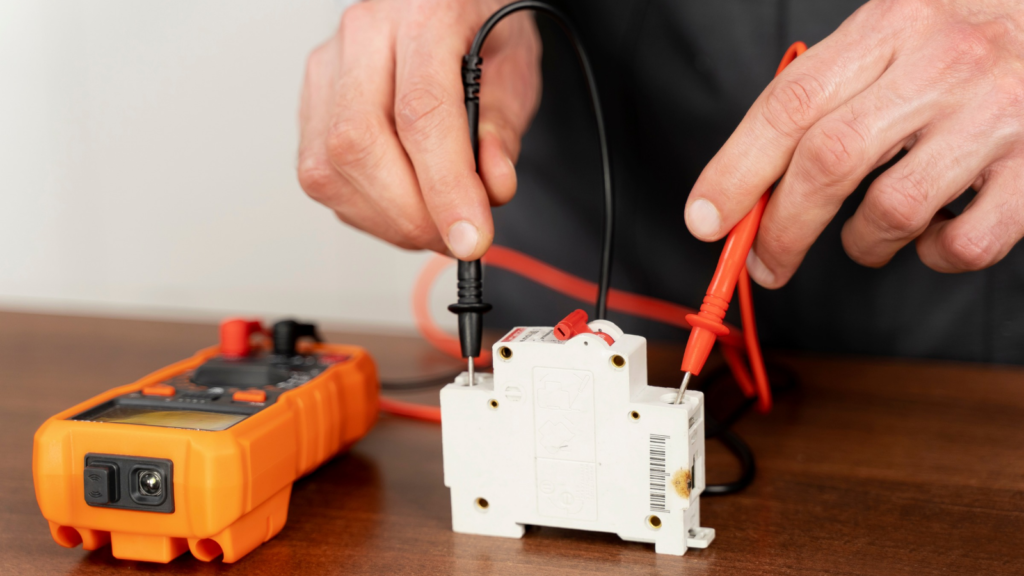
Certain electronics, like radios or simple batteries, can be useful for communication and survival. Knowing how to repair and even build basic circuits could mean access to information or the ability to generate light or warmth. Having this knowledge is invaluable for staying connected to other survivors and alert to any environmental hazards.

